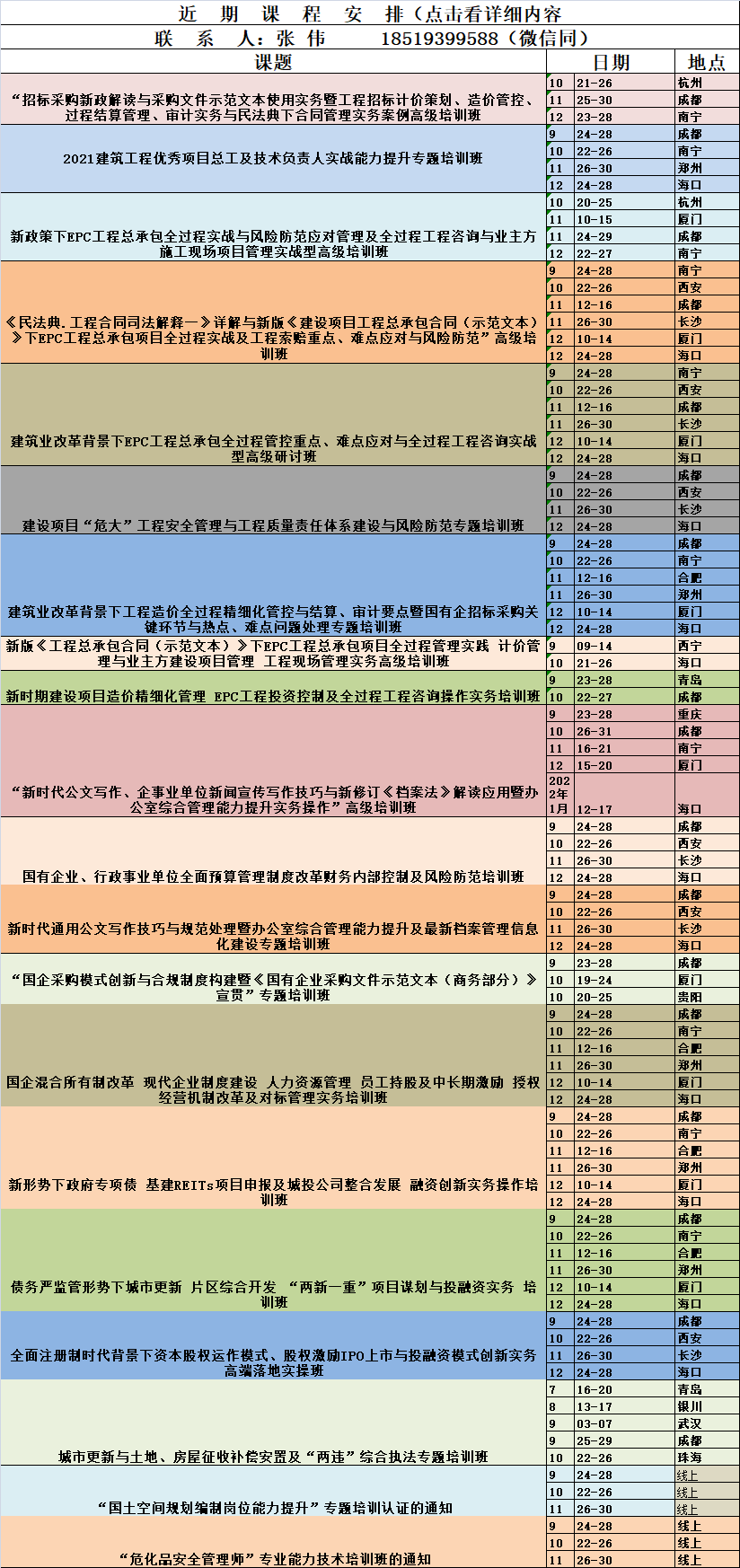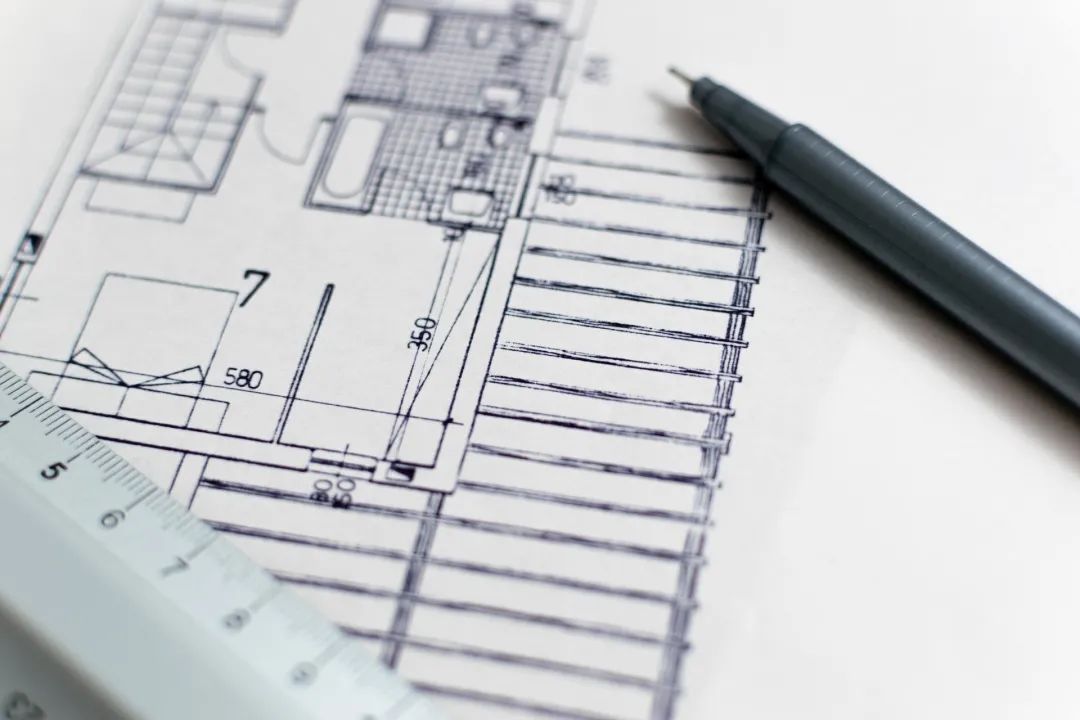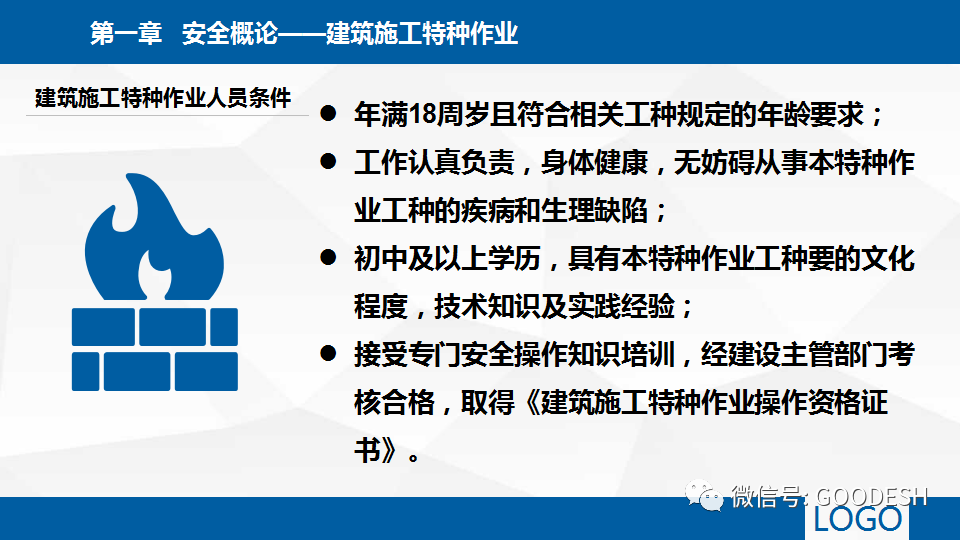Among them, the salary of the company’s employees can be composed of the following three parts: basic salary + post salary + floating salary.
In order to make the meaning of salary more intuitive, the author mainly introduces it in two directions: first, the protective significance of salary.
Especially for employees who are active, outstanding performance and outstanding contribution, the value they pay cannot be reflected, which will crack down on the work enthusiasm of excellent employees.
Assuming that the salary is in line with or close to the psychological expectation, the employees are also in a state of excitement and positive, so as to form a benign incentive and continuously improve their work performance; On the contrary, work attitude may be in a negative state.
Setting principle of salary system in the process of formulating the salary system, we should ensure the scientificity and rationality of the salary system.
Salary is the basic component of motivating employees to create value for the unit.
At the same time, for skilled personnel, they can take a dual path of career development, that is, according to the management and technical path, the management path is mainly through supervision or guidance responsibility; In the technical path, it is carried out through their own professional contributions and the qualification standards determined according to the career development channels.
Clarify the salary level strategy.
Therefore, in the process of salary formulation, it can be raised according to the basic level of the market to make it higher than the basic level of the market.
Therefore, remuneration should be guaranteed to be competitive.
Enterprises should determine the salary in combination with different post responsibilities.
Although it does not reflect obvious differences, it is unfair to some extent.
Enterprises can scientifically analyze and evaluate the post status of the internal organization of the enterprise from the perspective of third-party experts by hiring professional personnel and institutions, and then put forward constructive opinions on the optimization of posts, and establish the post level map, the ability model of each post sequence and the evaluation model of person post matching.
However, the calculation of performance and bonus is often extensive, which is difficult to play the corresponding incentive significance.
▌3.
At present, the enterprise has not established a performance-oriented corporate culture.
In the process of achieving specific objectives, there is no strong supervision and management.
Implement the salary system reform by classification.
At the same time, it will also make the employees who are not active more loose, and make the whole enterprise surround in a negative atmosphere.
Seventh, the principle of external competitiveness: salary is an important aspect of attracting excellent talents.
Once the salary management effect is not high, it is very easy to have unequal distribution and it is difficult to give full play to the incentive significance of salary.
▌ 2.
Salary has a related impact on the development of employees and enterprises.
Salary incentive is not in place.
When the market-oriented reform of employee compensation is adopted, it can not be realized as long as it is related to its own interests, and the performance appraisal management system has not been implemented with high quality; There are a large number of monopoly state-owned enterprises in state-owned enterprises.
The positions of the enterprise can be divided into technical posts and management posts, which belong to senior managers.
Realize the effective optimization of posts, so as to lay a foundation for salary reform and supporting performance management and labor cost management.
In this atmosphere, it is difficult to establish a performance culture three — Ways to optimize the salary system of state-owned architectural design institutes ▌ 1.
Second, the incentive significance of salary.
Fourth, the principle of legitimacy: the principle of legitimacy of salary incentive is that we must abide by national regulations, laws and policies.
Specifically, the salary can be determined according to the industry situation, regional economic development, salary level of the position and internal salary strategy of the enterprise two — Problems in the salary system of state-owned architectural design institutes ▌ 1.
▌ 2.
Second, the economic principle: the economic principle of salary means that the enterprise should also consider the internal development status and payment ability when formulating salary.
The salary system is unreasonable.
In this process, we should re sort out the current positions, responsibilities, relative value in the enterprise, contribution degree and labor force.
▌ 3.
Employees create value for the enterprise through personal mental and physical labor, and the enterprise also needs to pay compensation according to the value created by employees, so as to meet the life needs of employees.
Significance of salary system Salary can improve the satisfaction of employees, improve the development and business vitality of enterprises, and promote a virtuous circle.
After formulating the incentive system, the implementation and supervision is not in place, resulting in the lack of incentive and restraint mechanism.
However, for the salary of grass-roots employees, in addition to the total salary and control, there is a lack of effective and substantive management means.
The performance culture is not perfect.
First, the salary management is arbitrary: in the salary management, the upper level unit is usually responsible for the leading group of the lower level unit, and the relevant systems are relatively perfect.
Members of state-owned enterprises should deeply study the spirit of the document and establish a salary distribution system consistent with market development, so as to provide strength for accelerating the transformation and upgrading of state-owned architectural design institutes, give play to the incentive role of salary and stimulate the subjective initiative of cadres and employees one — About the salary system ▌ 1.
Due to the existence of monopoly excess profits, it supports the operation of the equalitarian distribution model.
Fixed salary, including basic salary, seniority salary and post salary; The basic wage is the basic living wage of employees, which is determined according to the minimum wage standard of the region where the commitment is made; The post salary represents the requirements of employees’ education, professional title, skills and experience.
Unbalanced income distribution is a common problem in the salary system of state-owned enterprises.
▌ 4.
The concept of salary system.
In order to ensure the reasonable salary distribution of state-owned enterprises, the State Council issued a document in May 2018.

Therefore, we should follow the following seven principles: first, the principle of fairness: including distribution fairness, process fairness, opportunity fairness, self fairness, internal fairness and external fairness.
In order to achieve their own short-term responsibility objectives, operators often choose to take the long-term interests of the enterprise as the cost; The incentive and assessment of employees are not balanced, there is no strong assessment management, and there is no incentive and encouragement for employees with excellent and low performance.
Sixth, the principle of strategic orientation: the salary of enterprises is of great significance and can help enterprises promote the realization of strategic development goals.
Third, the incentive principle: employees will judge the workload, work difficulty and responsibility of their posts, and have a psychological expectation of their due salary.
Therefore, if we want to realize the sustainable and good development of the unit, we must ensure the basic principles such as rationality, scientificity, fairness and incentive of salary setting.
Salary composition includes four parts: basic salary, bonus, allowance and subsidy.
Fifth, the principle of compensation: the principle of compensation is additional compensation, including employees’ wages, bonuses, allowances and subsidies, which can effectively motivate employees.
Reasonably plan the post allocation.
Even if it bears the burden of redundancy, it still attracts all kinds of professionals in the labor market with a high-income standard.
However, for middle and senior managers of enterprises, the components of salary also include equity incentive, medium and long-term reward and so on.
▌ 2.
It is mainly caused by the following reasons: deeply influenced by the traditional concept of state-owned enterprises, the previous concept of seniority has not been changed.
In this process, salary is an important part of encouraging employees’ personal development and helping employees realize their personal value pursuit.
▌ 3.
Second, there is randomness in performance and bonus: Generally speaking, enterprises will adopt the post salary system, so the basic salary and post salary are relatively standardized.
For ordinary employees, they can replace employees, and can be in line with the market in the formulation of salary..
It is adjusted in time through the assessment and determination of professional title and salary grade and in combination with the change of professional title.
Based on this, taking the actual development of state-owned enterprises as the starting point, this paper makes a preliminary analysis and Discussion on the problems existing in the salary system of state-owned architectural design institutes, in order to provide reference for the salary reform of state-owned architectural design institutes.




